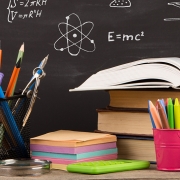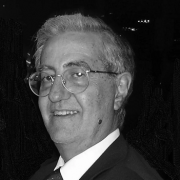Paving the Way to a Scientifically Literate Society Must Begin in Primary School
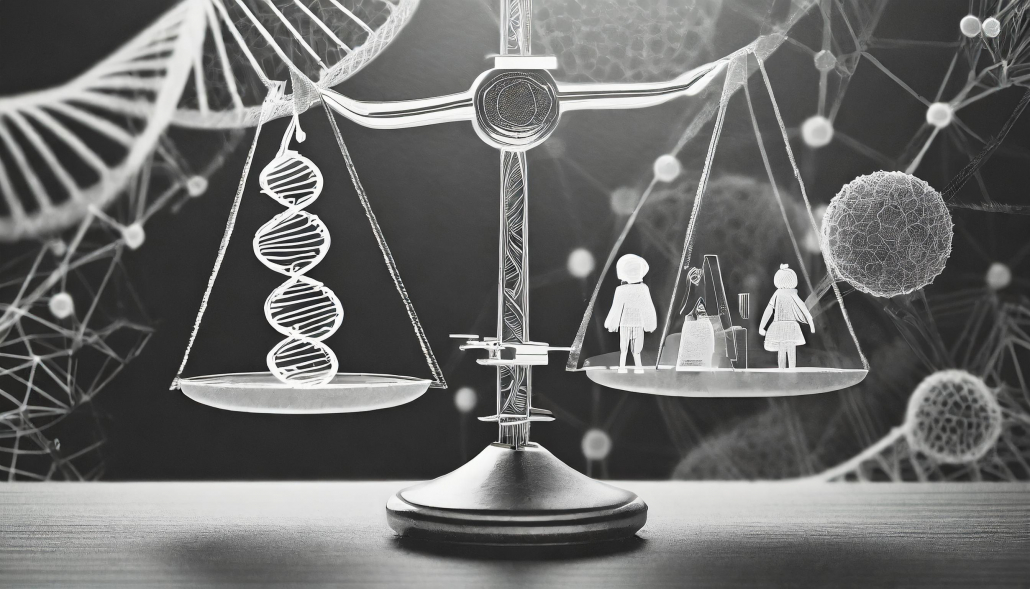
On 14 March 2024, ALLEA released a new statement advocating for strengthening the scope and role of science education curricula, at the primary and post-primary level, to equip young learners with the requisite knowledge, skills, and values to become informed, critical, responsible, and ethically conscious participants in a scientifically literate society.
In our modern world, where science and technology are deeply ingrained in every facet of our lives, it is becoming increasingly clear that society’s welfare, progress, and perhaps survival, hinges on building a citizenry that’s well versed in the ‘Nature of Science’ (NOS). While we go about most of our days engaging with science and technology without paying much attention to their marvels, there are times of crisis, such as during the peak of the Covid-19 pandemic, that the importance of ‘science literacy’ becomes unmistakable. Furthermore, the rise of new technologies and scientific progress brings with it ethical questions – and it will become ever more critical for upcoming generations to learn how to recognise and answer them. This ALLEA Statement argues that in order for them to be equipped with the skill-sets and values to successfully navigate such potential ethical dilemmas related to science and research, and more broadly to become active and informed citizens, current science education curricula, at the primary and post-primary level, needs to be broadened to include the NOS as well as research ethics.
Entitled, ‘Early Learning Opportunities for Shaping a Scientifically Literate Society’, the statement provides illustrations of the benefits of learning about the NOS and research ethics, which include, among others:
- Upholding trust in science, scientists, and scientific institutions – Teaching young learners that uncertainty and different interpretations, as well as the evolution of scientific knowledge based on new data and insights, are imperative to science could prevent the erosion of trust in science, scientists, and scientific institutions that often stems from a poor understanding of the scientific process.
- Defending against science mis- and disinformation – A better understanding of the NOS, for instance recognising who is considered an expert, why scientists may disagree, and their motivations, would help the next generation spot reliable information and credible sources, and thereby make them less susceptible to science mis- and disinformation.
- Developing ethical, informed, and compassionate citizens – Learning to reflect on values and ethics at an early age contributes to moral character development and helps guide children in their behaviour throughout their lives. Similarly, stronger incorporation of research ethics as part of science education curricula could support young people in developing the knowledge, skills, and values required to competently analyse and critically question the moral and ethical dimensions of scientific discoveries, new technologies, and experiments, which will be critical to societal well-being in an increasingly technology-dependent world.
The statement goes on to outline recommended actions to shape a scientifically literate society from the ground up, which include, among others:
- Incorporating learning objectives on the NOS and research ethics into primary and post-primary curricula, through the targeted integration of the pedagogies into existing science education programmes
- Increasing the enrolment of schools into participatory research and citizen-science projects to not only increase basic understanding of science, but also to encourage young people to pursue STEM careers
- Supporting the development and implementation of NOS and research ethics pedagogical courses in initial teacher education (ITE) and continuous professional learning (CPL) programmes for teachers
This ALLEA statement was formulated by the ALLEA Working Group Science Education, with Dr Cliona Murphy (WG chair), Mathijs Vleugel and Maria Ronald (ALLEA Secretariat) as principal authors. Additional insights were obtained from the ALLEA Permanent Working Group on Science and Ethics and external expert Dr Eve Poole.
Read the full statement here.
Working Group Science Education Meeting
The next meeting of the ALLEA Working Group Science Education will take place on 19 April 2023.
Event Report on the ALLEA-RIA Symposium on “International Reflections on STEM Education”
Today, ALLEA published an event report summarising the key take-aways from the recent symposium “International Reflections on STEM Education”. The symposium, which was organised jointly with the Royal Irish Academy in Dublin, brought together local and European experts in the fields of science, technology, engineering, and mathematics (STEM) education to discuss current challenges and opportunities in the field. Read the event report here.
This report highlights the need for a holistic approach to (STEM) education to provide future generations with the requisite knowledge, skills, attitudes, and values to enable them to address complex real-world problems. Other emerging themes relate to the need for a breadth of thoroughly validated teaching materials, the key roles of Initial Teacher Education and Teachers’ Professional Learning, as well as the importance of continuous interactions between educators, researchers, and policymakers to improve STEM teaching and learning.
The symposium was a valuable opportunity for experts in the field of STEM education to come together and share their knowledge and experiences. The report is a testament to the importance of international collaboration in addressing the challenges facing STEM education today.
The full event report is available here for those interested in learning more about the symposium and its findings. The programme for the symposium and detailed information on the speakers can be found here.
Improving Inclusivity in Digital Education Requires a Systemic Approach that Addresses Teaching & Learning at Different Levels
Today, ALLEA, the European Federation of Academies of Sciences and Humanities, responded to the European Commission’s Call for evidence on digital education and digital skills. You can read it in full here.
The European Commission recently issued two calls for ideas and evidence on ensuring equal access to digital education and promoting digital skills. The feedback will be used in the preparation of a Commission proposal for a Council Recommendation on the enabling factors for successful digital education and for one on improving the provision of digital skills in education and training. The proposals are part of the Commission’s initiatives under the European Union’s Digital Education Action Plan (2021-2027).
In response to this call, ALLEA’s Working Group on Science Education, with Professor Timo Leuders as principal author, prepared a statement with recommendations on improving inclusivity in digital education and the effective provision of digital skills, built on a robust foundation of scientific evidence.
The statement contends that a systemic approach that addresses teaching and learning at different levels – policy, research, curriculum design, teacher education, and practice – is necessary for the proposed actions to be implemented efficiently and effectively. The statement also calls for greater emphasis to be placed on interdisciplinarity, the integrated nature of digital technologies within STEM education, and the critical roles of empirical educational research, initial teacher education (ITE) and teachers’ professional learning (TPL).
Some recommendations from the statement are highlighted below:
Interdisciplinarity – Closing the digital gap requires interdisciplinary expert groups that reflect on the technical, educational, social, and ethical issues in relation to digital education, and that can advise on political, administrative, and curricular decisions in a coherent manner.
Evidence-based reforms – Every decision about a technical or structural innovation in digital education must be tested against the latest scientific evidence on teaching and learning, including curricula, pedagogies, ITE and TPL.
Initial teacher education and teachers’ professional learning – Too little emphasis is currently being placed on the roles of ITE and TPL. A coherent picture of digitalisation-related teacher professionalism is critical to all efforts of systematic development in educational institutions. Teachers need to be supported so they develop the requisite Technological Pedagogical Content Knowledge (TPACK) and skills needed to critically evaluate and implement technology-based innovations.
The ALLEA statement encourages the European Commission to support national governments and individual teachers by identifying best practices in digital education across Europe so that they have access to an evidence-based roadmap towards a technology-driven educational landscape.
You can read the statement by the ALLEA Working Group on Science Education in full here.
Read more about the ALLEA Working Group on Science Education and its members here.
Watch Recording: Expert Workshop on Current Challenges for ILSA
Last January, the ALLEA Science Education Working Group organised an expert workshop on current challenges for international large-scale studies of achievement (ILSA). Chaired by WG member Maksym Halchenko of the National Academy of Educational Sciences of Ukraine, the meeting addressed the role of ILSAs as well as current and emerging challenges related to these studies.
A dedicated introduction to PISA (Programme for International Assessment) was presented, and participants discussed examples of assessment discrepancies when applied to heterogenous countries where school systems are very different. This webinar was recorded and is now available to the wider public.
- Introductory Remarks | Watch
– Meeting chair Dr. Maksym Halchenko, National Academy of Educational Sciences of Ukraine - The impact of PISA on the development of educational research and evidence-based decision-making | Read abstract | Watch
– Prof. Benő Csapó, Professor of Education, University of Szeged, Hungary - Circulation of a mediated artefact. Questioning the consequences of PISA for education – the example of Poland | Read abstract | Watch
– Dr. Piotr Zamojski, Assistant Professor, University of Gdańsk, Poland - Use and misuse of international large-scale assessments: Why it matters to science education and policy | Read abstract | Watch
– Dr. David Rutkowski, Associate Professor with a joint appointment in Educational Policy and Educational Inquiry, Indiana University, USA;
– Dr. Leslie A. Rutkowski, Associate Professor of Inquiry Methodology, Counselling and Educational Psychology, Indiana University, USA, Professor of Educational Measurement, University of Oslo, Norway - Education as a global race – or for democracy and solidarity? The side effects of PISA testing | Read abstract| Watch
– Prof. Svein Sjøberg, Professor Emeritus in Science Education, Oslo University, Norway - Plenary discussion | Watch
The ALLEA Science Education Working Group is committed to supporting the further progression of science education throughout Europe to ensure students develop the necessary knowledge, skills and motivation to participate as active citizens and to pursue careers in science. Since June 2019, the group is chaired by Dr Cliona Murphy of the Royal Irish Academy.
In Memoriam: Professor Giancarlo Vecchio
It is with great sadness that we inform about the passing of long-standing member and immediate past chair of ALLEA’s Science Education Working Group, Professor Giancarlo Vecchio, who deceased on 1 October 2019 in Naples. Professor Vecchio, representing the Accademia Nazionale dei Lincei, has contributed to the activities in the Working Group over many years, and has been highly recognised by his colleagues as an engaged and knowledgeable promoter of science education whose experience and expertise was second to none. His efforts and engagement for science education in general, and for the work of ALLEA in this field in particular, give true testimony to his dedication towards the next generation, who he felt should benefit from science and research in the best possible way.
Professor Vecchio will be sorely missed and our thoughts are with his family and loved ones.

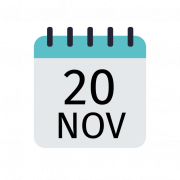
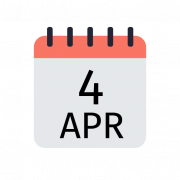
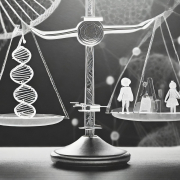
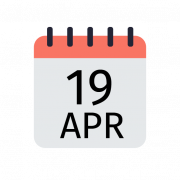
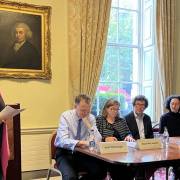
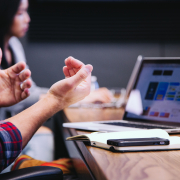 Photo by Headway on Unsplash
Photo by Headway on Unsplash